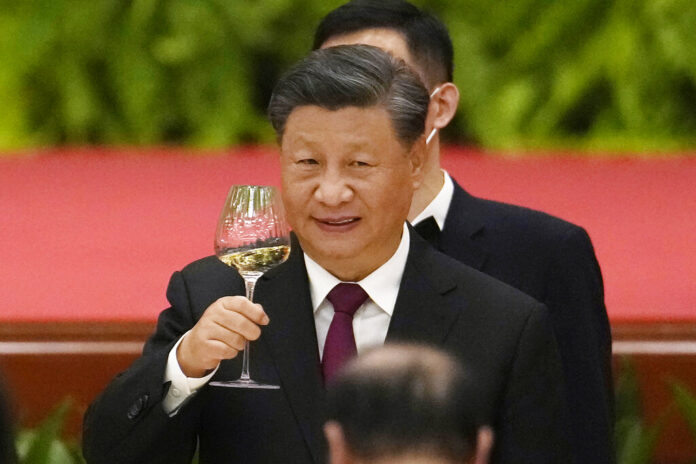
China has formally banned the subscription-based platform OnlyFans, labeling it a “corrupt Western disease” and a threat to the country’s cultural and moral fabric. The move is part of a broader state-led effort to clamp down on online content deemed inappropriate or misaligned with traditional Chinese values.
The ban, announced by government officials over the weekend, reflects the Chinese Communist Party’s ongoing campaign to reshape the nation’s digital landscape and fortify its ideological borders against foreign influence. Authorities claim platforms like OnlyFans promote “moral decay” and undermine social cohesion by encouraging Western ideals of individualism and self-expression, values seen as incompatible with China’s “core socialist values.”
Though OnlyFans was never officially accessible on the Chinese mainland, users had been able to bypass restrictions using VPNs and third-party payment services. Those loopholes are now being closed, effectively sealing off the platform for Chinese users and creators.

The U.K.-based site, known globally for hosting adult content and empowering creators to monetize directly through subscriptions, has become emblematic of the so-called “creator economy.” But in China, such decentralized digital autonomy is increasingly viewed as a challenge to state authority and cultural unity.
“This is about more than just explicit content,” said one analyst familiar with China’s internet regulation. “It’s about asserting ideological control and rejecting platforms that celebrate values the state finds destabilizing.”
The OnlyFans ban joins a growing list of recent actions targeting foreign digital influence. Chinese regulators have in recent years blocked platforms like Instagram, Reddit, and Twitch, restricted foreign video game approvals, and tightened censorship on imported films and music.
The government’s position is clear: if a platform doesn’t align with its political and cultural vision, it has no place in China’s digital ecosystem.
Despite these moves, China’s tech-savvy youth continue to find ways around firewalls, using VPNs and proxy tools to access global platforms. However, enforcement has been tightening, and the state’s message remains unambiguous, digital spaces in China must reflect Chinese values.
As China doubles down on its so-called “digital iron curtain,” the global creator economy surges ahead. But inside China, the space for alternative online expression continues to shrink.
Written By Rodney Mbua


















